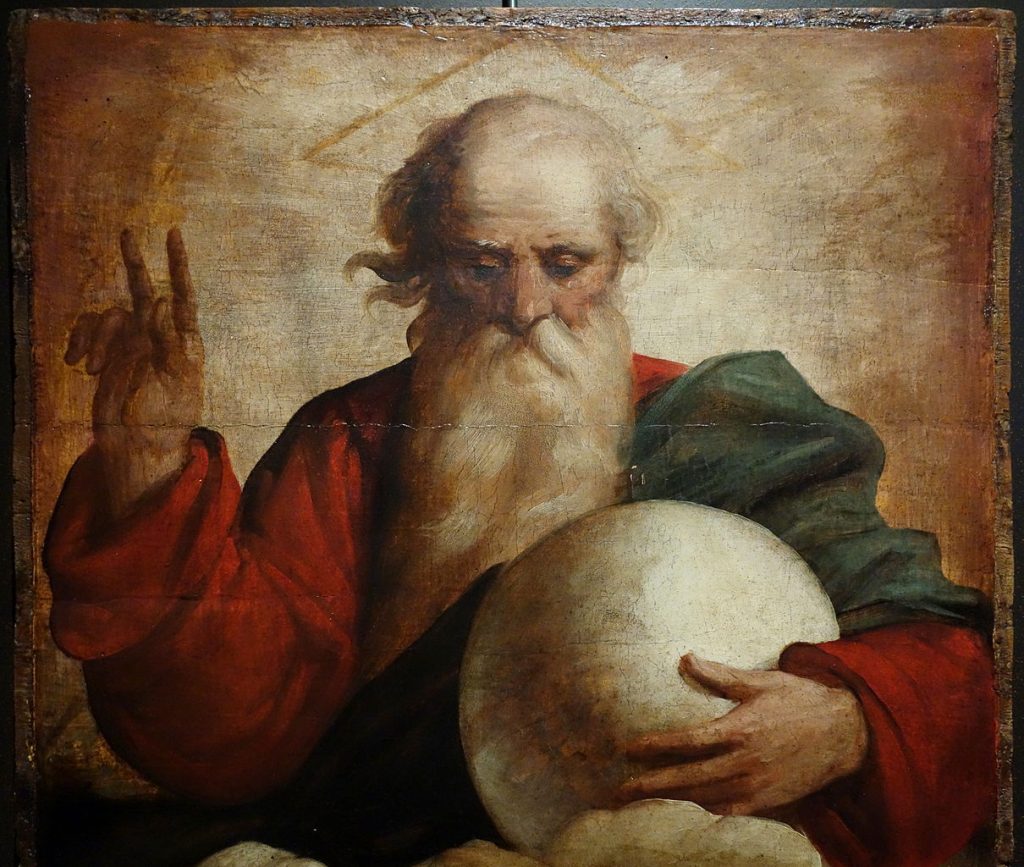
June 12, 2022; John 16: 12 – 15; Feast of the Most Holy Trinity
It was perhaps the most dramatic appointment I ever had as a parish priest. When I was Pastor at Saint Noel, a young woman in her late twenties wanted to see me. From the minute she came into my office I could tell she was bearing a heavy burden. A while into our conversation she shared with me she had been sexually abused by her father for years while she was in grade school. As horrible as this revelation was, it was not the reason she had come to see me. She had been working with therapist for some time to address the harm that her father caused her. Her question for me was more spiritual. This is how she put it, “I came to talk to you because I am not sure I can remain a Christian. Because of what happened to me, I have been unable to pray to God as Father. I know Jesus prayed to God as Father and asked us to do the same. But for me the word, Father, is a word of hatred and fear. When other people raise their hands at Mass and pray ‘Our Father,’ I cringe. I cannot trust or pray to anyone who is Father, and because I cannot do that, I am questioning whether I can remain a Catholic.”
The woman’s dilemma was real, but its solution was not as difficult as it might seem at first. This brings us to today’s feast of The Most Holy Trinity, because one of the things that The Trinity makes clear is that we can never adequately understand God. We can not understand how God can be one and three persons at the same time. God is different than us. God is pure spirit, invisible. We cannot see or examine God. Therefore, the only way we can speak of God is by drawing comparisons to things we can see and understand. Such comparisons are woefully inadequate. We can say, “God is my savior,” and there is a truth there. But God is greater than and different from any savior we have experienced. We can call God our Father, but God is greater than and different from any Father we have known. Our language concerning God is limited and inadequate. It can provide only a glimpse of who God is. And whenever we encounter a name that has been ruined by a harmful human experience that name loses its ability to reflect the truth about God.
It is with this insight that I tried to guide the young woman who came to me. I said, “You must realize that God is not a Father like any human Father. We apply the name of Father to God because for most people, Father refers to a strong and loving relationship, but that is not your experience. Therefore, the name Father is of no use to you. Let’s see if we can try to find a better one. Who in your life is strong and loving?” She immediately said, “My grandfather. He has always been my friend and my protector.” “Great,” I said, “So, now when you pray, pray to God your Grandfather. When others raise their hands and pray Our Father. You pray Our Grandfather, because that name will give you a more accurate picture of who God is than the name Father which has been ruined by your experience.
On this Feast of the Most Holy Trinity, we are called to remember that we can never adequately understand God, that God will always remain a mystery. Indeed, Jesus called God Father, and because of that the name Father holds a special place in our tradition. But even Father does not adequately express who God is. So drawing on the experience of the young woman who came to me, we are free to ask ourselves, who in my life is capable of providing an insight into God? Could it be a spouse, a sister, a close friend? We are free to name God as spouse, sister, or friend because any of those names might reveal to us another glimpse into God’s being. In fact, depending on our experience, the glimpse they offer us might be deeper than the name Father can provide.
